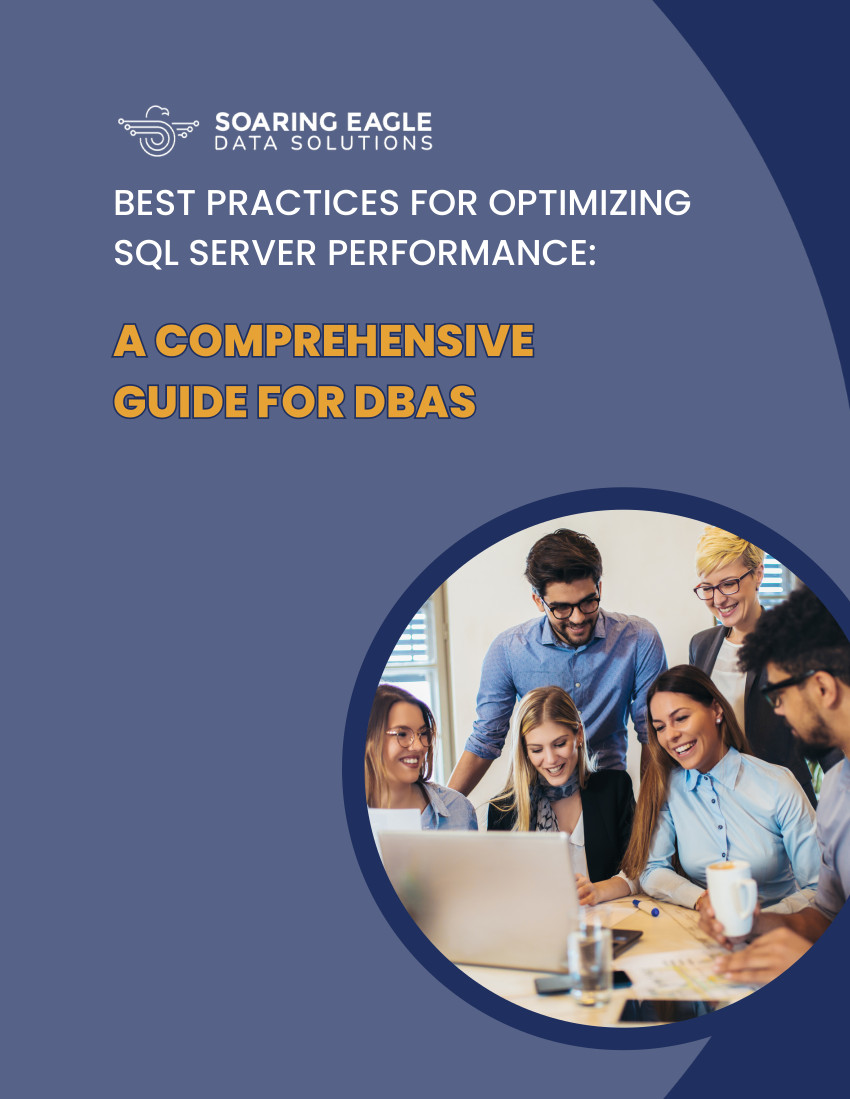Revolutionizing Healthcare IT: Overcoming Critical Challenges with Managed IT Solutions
In the ever-evolving landscape of healthcare, managing large-scale IT operations poses significant challenges for organizations, especially hospitals with 1,000+ bed capacities.
organizations, especially hospitals with 1,000+ bed capacities.
This article aims to shed light on the pressing issues faced by healthcare organizations in attracting and retaining top-tier IT talent, ensuring compliance with stringent regulations, optimizing data performance, achieving seamless data interoperability, and implementing effective Master Data Management (MDM).
We will explore how outsourcing IT services can be the key to addressing these challenges and ultimately enhancing patient care while alleviating the workload on medical professionals.
- Attracting Talent in the IT Department: Healthcare organizations often struggle to attract skilled IT professionals. Let’s face it, Hospitals like spending money on doctors not technology and technology professionals. That means salary for IT staff at a Heathcare Org does not always attract senior level talent. The competition for top talent is still fierce (regardless of what the media is telling you), and retaining these experts becomes even more challenging. Further the needs of your business are changing. One day you need an expert in database stability and reliability. Tomorrow, you need a Power BI implementation. Attempting to hire full-time or even part time employees for all of this is time consuming, impossible to juggle, and doomed to failure.
- Attracting Specialized Talent for Data: Specialized talents in data analytics, database administration, and data interoperability are crucial for healthcare organizations dealing with vast amounts of patient data. Every healthcare organization I have ever seen has *hundreds* of applications, both internally buit and SaaS products, that need maintenance and support that are not provided by the vendor. THEN those same products need to communicate with each other, and your Cheif Medical and Financial officers wants to ping that data through a data warehouse or power bi type implementation so they can better inform their business decisions. Coordinating all of that is no easy task, and is unlikely to be successfully done with in house talent alone.
 HIPAA, PCI, and Other Compliances: Compliance with regulations such as HIPAA and PCI is non-negotiable in healthcare. Navigating the complexities of these regulations, implementing robust security measures, and conducting regular audits to ensure data privacy and compliance is a full time ask of several people. Creating proper procedures and overseeing their implementation is integral.
HIPAA, PCI, and Other Compliances: Compliance with regulations such as HIPAA and PCI is non-negotiable in healthcare. Navigating the complexities of these regulations, implementing robust security measures, and conducting regular audits to ensure data privacy and compliance is a full time ask of several people. Creating proper procedures and overseeing their implementation is integral.- Data Performance: Efficient data performance is paramount for healthcare organizations to provide timely and accurate patient care. You need to optimize data infrastructure, implement advanced technologies, and offer proactive monitoring to ensure optimal data performance, reducing downtime and improving overall efficiency. Failing to do this will prevent you from hitting your CSO scores.
- Data Interoperability: Seamless data interoperability is essential for holistic patient care. Silod data is a prolific problem in healthcare as the SaaS products you use often don’t come with APIs, or the APIs are difficult to implement. Being able to query that data, keep it clean, and transfer it across the organization without errors is a monumental task.
- Master Data Management: Effective Master Data Management (MDM) is critical for maintaining accurate and consistent patient information. You need to ensure the implementation of standardized processes, data quality controls, and centralized management, leading to improved data accuracy and reliability. Cleaning data, deduplicating data are essential parts of an MDM project that leave your organization stronger than before.
- Patient Care and Workload Reduction: Each of the aforementioned challenges directly impacts patient care and places an additional burden on healthcare professionals. The NIH attributes EHR and other data interoperability and slowness issues with high turnover in healthcare organizations. No one wants to take home 4-6 hours per week of data entry work after spending a full shift working with patients. Renovating your data stack top to bottom alleviates the pain on your doctors and nurses, so they can focus on improving the personal side of patient care.
In the complex world of healthcare IT, outsourcing to a managed IT solutions provider emerges as a strategic and efficient approach for overcoming challenges related to talent acquisition, compliance, data performance, interoperability, and Master Data Management. By leveraging external expertise, healthcare organizations can not only address these challenges but also elevate the standard of patient care, ultimately contributing to a more effective and streamlined healthcare ecosystem.


